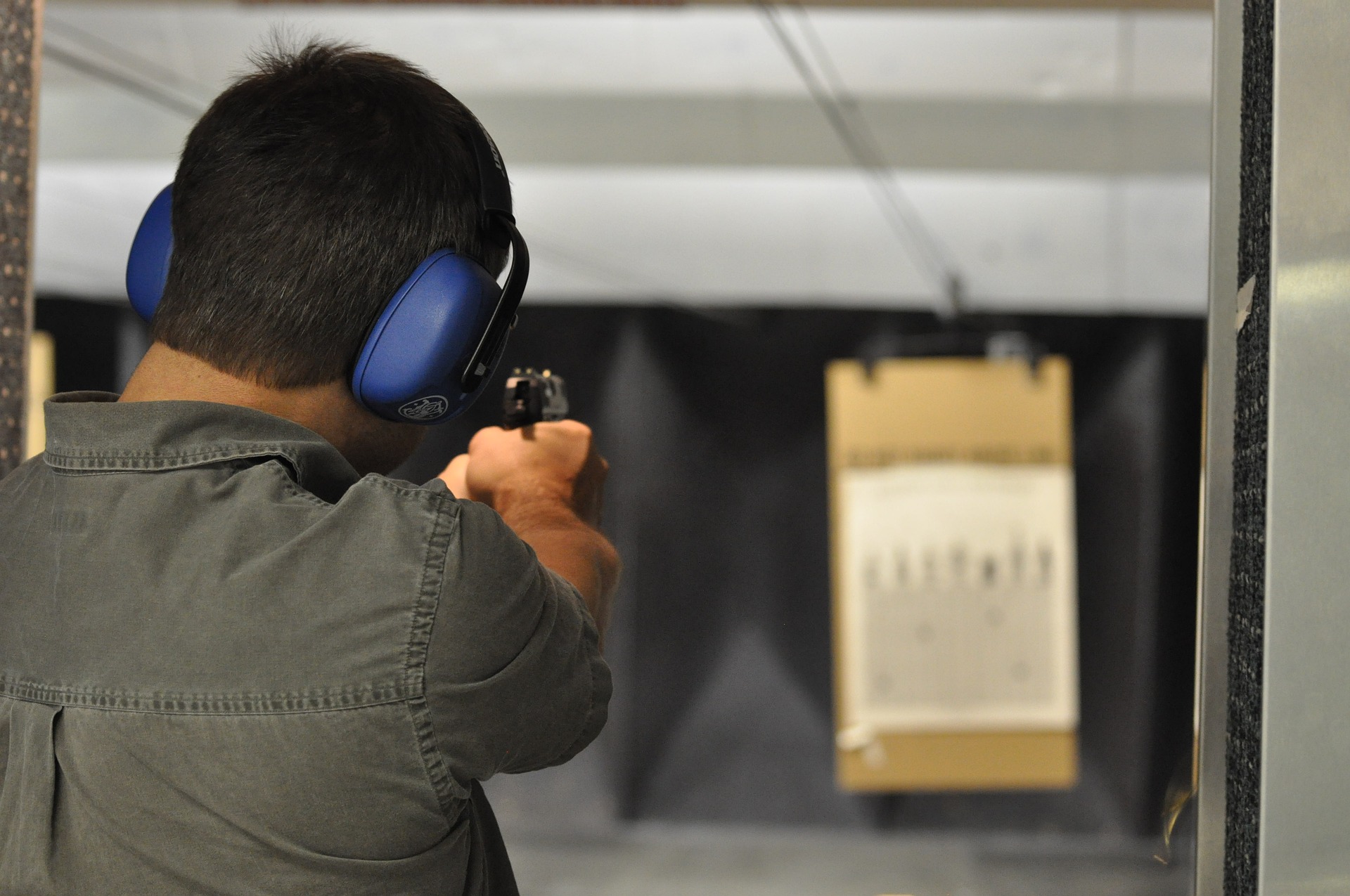If you live in Florida, you have likely heard “stand your ground laws” invoked in some very high profile cases. But many people are not exactly sure how these laws work, and how they may affect you – and your ability to protect you and your family. This blog is intended to explain the statutes on the books, so that you can understand your rights under the law.
A stand-your-ground law states that an individual has a right to defend themselves or others against threats or perceived threats. This is known as a right of self defense, and may also be referred to as a “line in the sand” or “no duty to retreat” law.
The laws vary across the country, but typically allow you to act with lethal force, even if safely retreating from the situation may have been possible. This is based upon the premise that an individual has no duty to retreat from any location where they have a lawful right to be. The law also state that an individual is permitted to exert any level of force if they reasonably believe there is an imminent and immediate threat of serious bodily harm and/or death.
Florida’s Stand-Your-Ground law as it exists today was enacted in 2005, and is covered by Sections 776.012, and 776.013, Florida Statutes. Although this state has protected an individual’s right to use lethal force in self-defense for well over 100 years, the new statute expanded the scope of a self-defense claim traditionally applied in a criminal case.
-
- It eliminates the general of “duty of retreat” of common law, which stated an individual must exhaust every means of possible retreat before applying force. The one major exception was the Castle Doctrine, which stated that a non-aggressor in their own residence could exert deadly force without retreat. However, most still had to prove they were in extreme imminent danger.
- It presumes legal justification for the use of lethal force in a person’s home or vehicle, no longer having to prove the level of danger. If a non-aggressor in is their home or vehicle and is attacked, stand-your-ground applies.
- It represents immunity from prosecution for individuals who act within the parameters of the statute.
Thus, in all situations, if an individual is engaged in lawful activity and is legally allowed to be present, they do not owe an attacker a duty to retreat or to disengage.
2017 Stand-Your-Ground Revisions
In 2017, the Florida legislature amended the ‘Stand Your Ground’ laws, shifting the burdens and standards of proof, requiring a defendant to present only a prima facie case of self-defense immunity. The burden of proof is now on the prosecution to prove clearly and convincingly that the defendant does not qualify for immunity under the statute.
While Probinsky & Cole specializes in personal injury, product liability, and immigration law, we are here to help if you feel your were harmed by someone’s negligence. Call us today if you are confused as to your rights under the Florida statutes. Our team of dedicated Sarasota area attorneys will be happy to discuss your situation and recommend a course of action.








